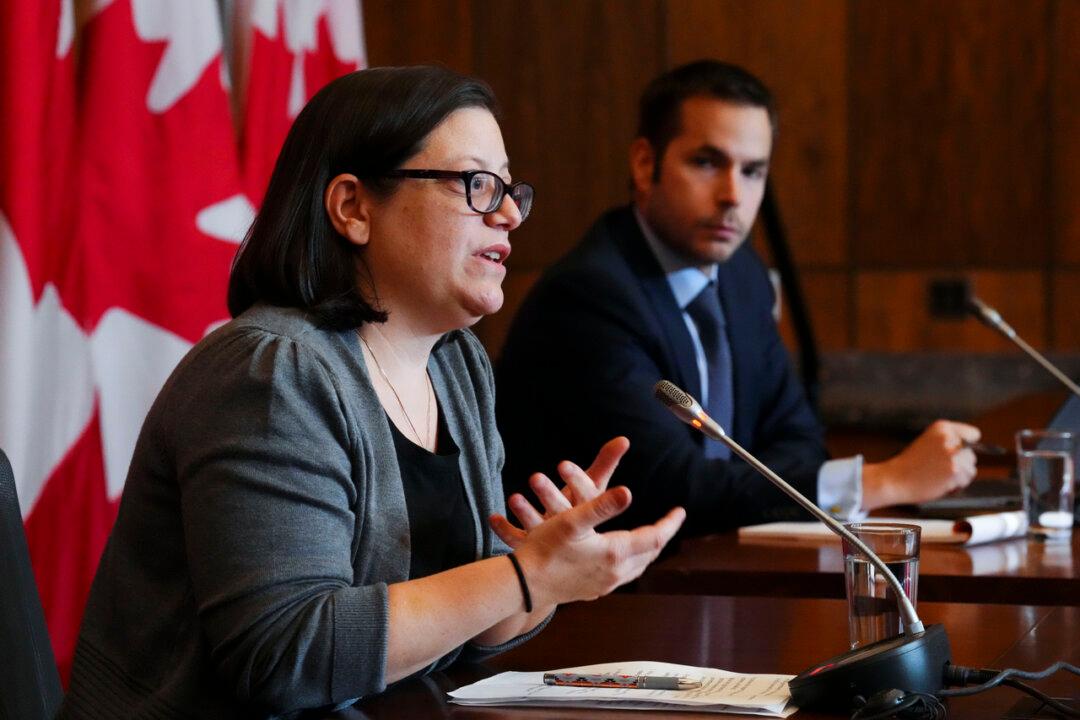MPs questioned government witnesses about billions spent on outsourcing contracts by Ottawa and criticized the level of oversight during a House of Commons committee meeting on Oct. 3.
“Who is looking after taxpayers? Who is assuring accountability?” asked Conservative MP Kelly McCauley. He said $16 billion was spent in a year on outsourcing, which would be around a third of the $50 billion that is spent annually on salaries.





